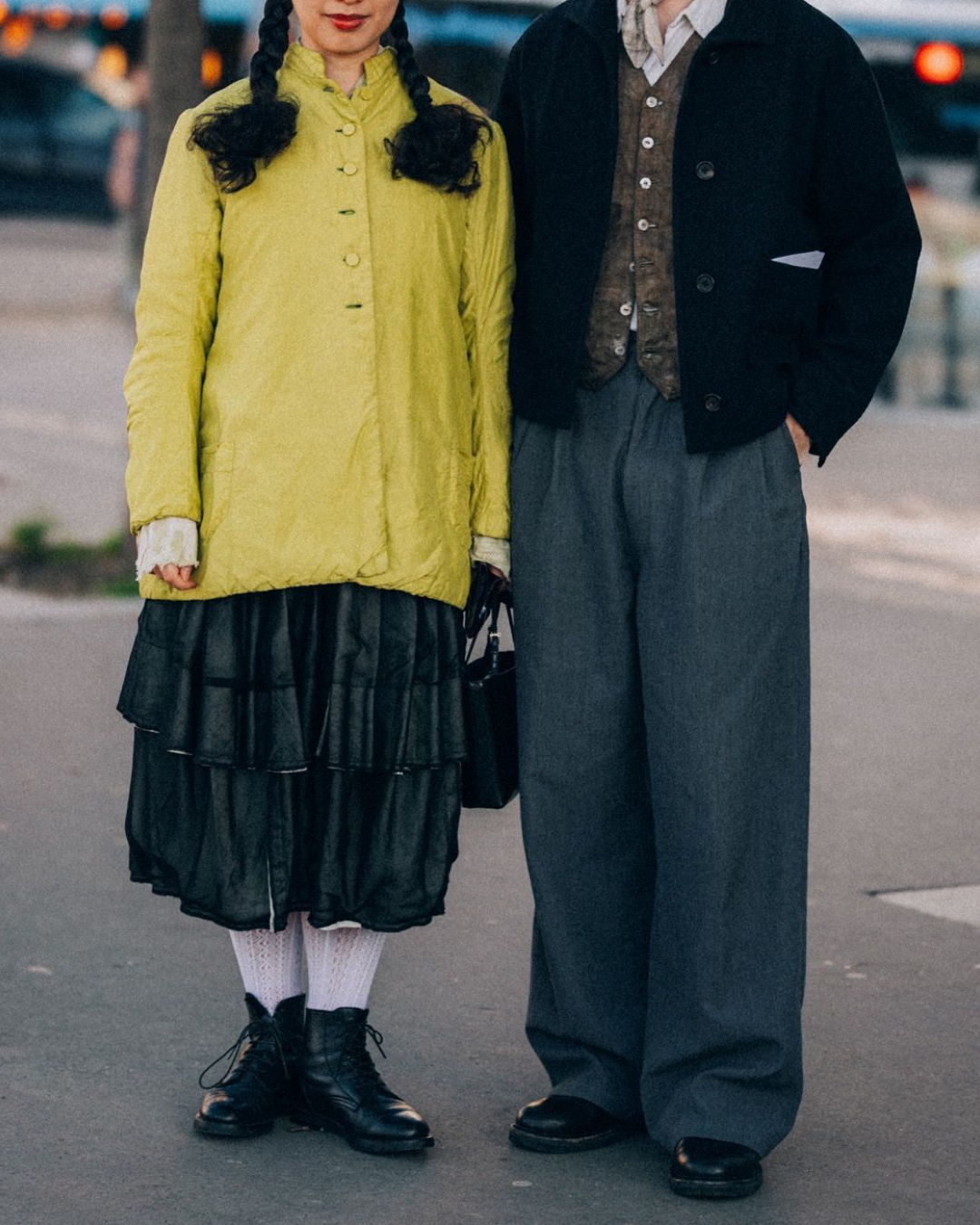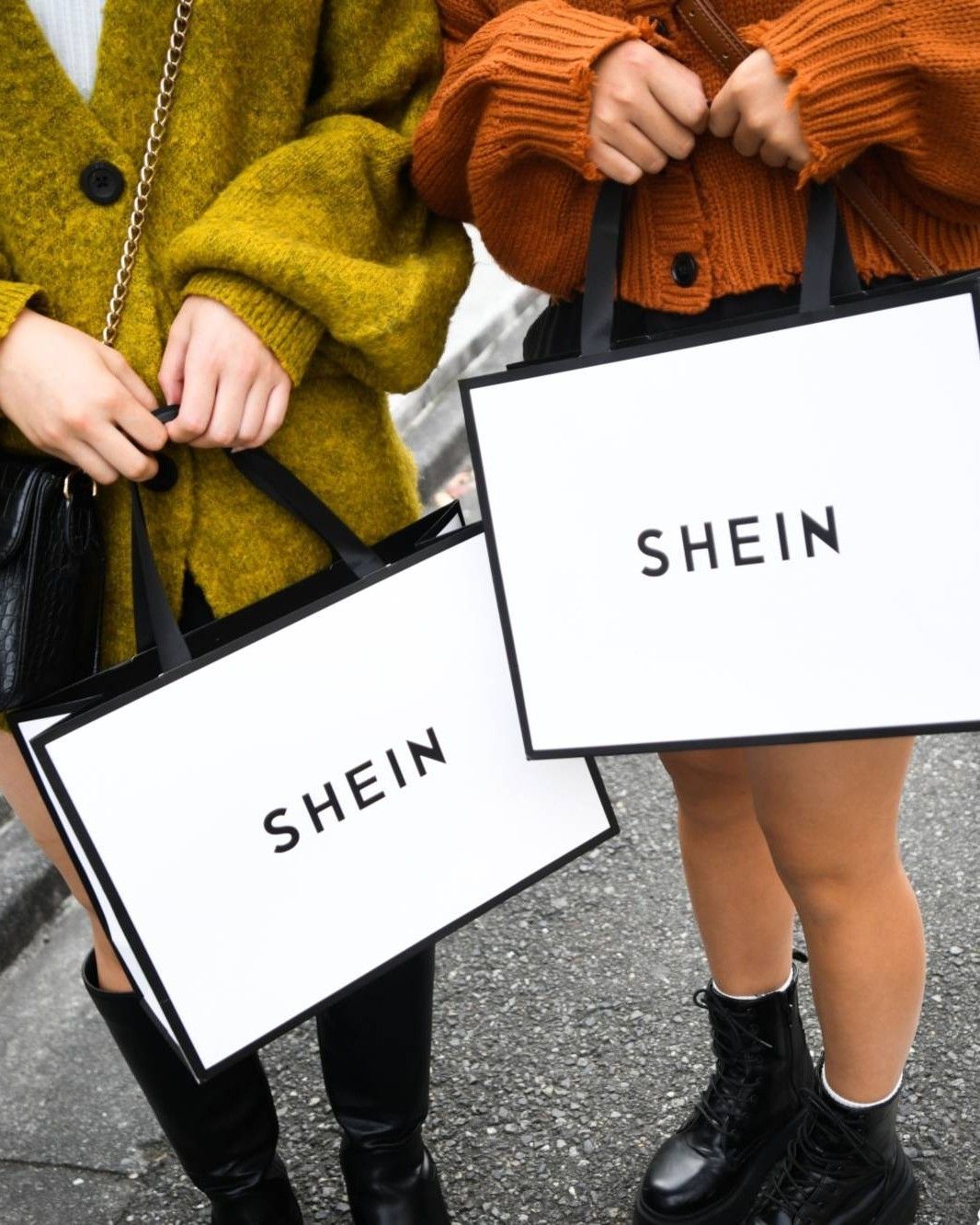
Zara to close more than 1000 stores As part of a wider plan aimed at boosting the e-commerce
At the end of April, the H&M group announced the closure of seven stores in Italy, in a broader attempt to cut costs, not only because of the difficult situation the group has been suffering lately but also because of the losses suffered from the Coronavirus emergency. The Spanish group Inditex, which owns Zara, Bershka, Stradivarius and Massimo Dutti, has recently unveiled a similar plan, but on a larger scale, and dictated by different objectives.
With almost 90% of stores closed in the lockdown weeks, the group suffered a 44% drop in sales in the period from February to April 2020, with a net loss in the first quarter of the year of €409 million euros. Much more positive are the numbers relating to e-commerce, which boasts a +50% of online sales in the quarter just ended, and, above all, +95% of online purchases in April.
The plan that the group is about to implement moves precisely in the direction of enhancing digital platforms at the expense of the physical store, so much so that Inditex predicts that by 2022 e-commerce will represent more than a quarter of the group's overall sales, against the 14% it holds today. With an investment of €900 million per year for the next three years, the company intends to focus on its larger flagship stores and on the ones in the most strategic and prestigious areas, and at the same time plans to close around 1,000 - 1,200 stores in the next two years. In the short term, this type of plan would make it easier to apply the safety rules related to COVID, while in the long term the plan is undoubtedly dictated by the intention to cut costs and to further enhance a shopping method grown significantly during the weeks of lockdown, and which will hardly lose its appeal in the upcoming months. E-commerce also allows the group to sell and therefore earn even in territories where it does not have physical stores.
There is another practice that the Inditex group has carried out in recent months, namely the so-called integrating stock. The problem of unsold goods has always been one of the trickiest and most debated issues regarding fast fashion, both on a practical level and also when it comes to brand reputation and image. Because of huge volumes of goods and too fast cycles, not all the products that are produced and distributed can be sold, and for a long time, the solution was to burn all the unsold. The integrating stock partially solves the problem, making all the goods that have not been sold in the store available in the online store.
In the first weeks of quarantine, Zara was one of the first brands to experiment with homemade shootings, a response to the social distancing measures, soon adopted by many other brands, from Jacquemus to Gucci, resulting in very similar campaigns. Zara's intuition demonstrates its great sensitivity and the intelligent use of the digital medium, fundamental components for the success of strategic e-commerce.
To date, the Inditex group can rely on over 5,700 stores open in 79 different markets, and in particular, in China, Korea and Japan, store sales are returning to the same level as in the same period of 2019.




















































